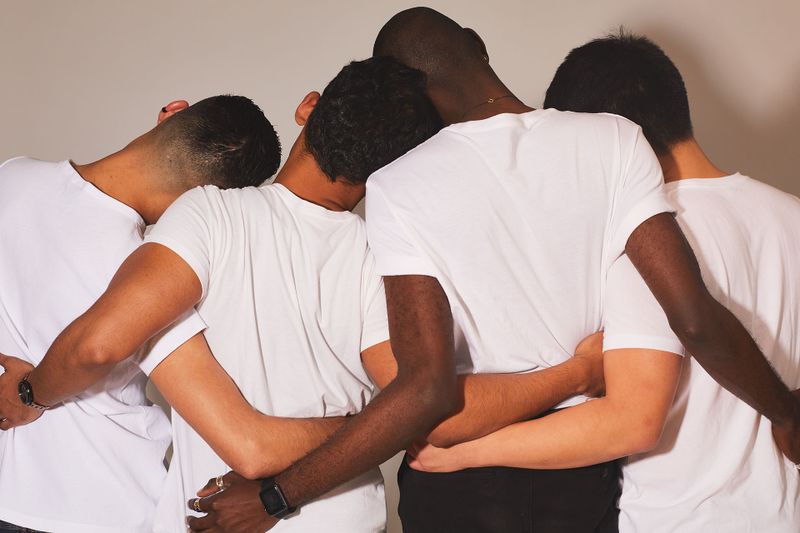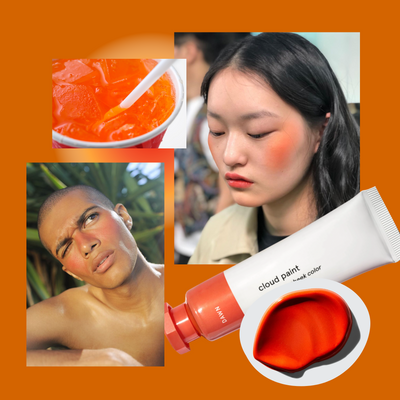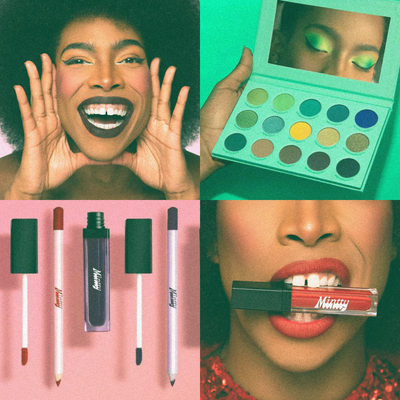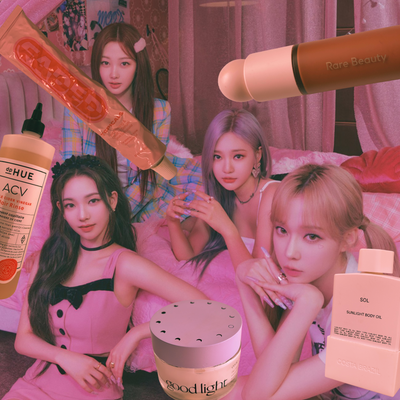Growing up, I never saw myself fully reflected in the people around me — either my Asian-ness or my queerness was always missing.
I know it might sound silly, but I didn’t even consider that I could be gay until I was in college, because until that point, the possibility that someone could be both queer and Asian had never even crossed my mind.
SEE ALSO: There’s one truth every white man needs to acknowledge
Even now, almost a decade since I came out, I still find it hard to affirm myself as someone who is desirable, who is sexy, who is worthy – if only because living in America as a queer person of color is an exercise in constant exposure to faces, bodies, experiences, and images that do not look like me, that do not apply to me, that aren’t meant for me.
That doesn’t just affect us; it also affects how others view us. Studies have shown that people see Asian men, gay or not, as less desirable than other races. Sexual racism is all too real. You can read about it in-depth here.
[aesop_image imgwidth=”80%” img=”/content/images/wp-content/uploads/2018/02/Capture_0485.jpg” credit=”(Photo by Oliver Mint)” align=”center” lightbox=”on” captionposition=”left” revealfx=”off” overlay_revealfx=”off”]
For us, storytelling is a matter of survival.
It preserves pieces of our reality that might otherwise be ignored, forgotten, whitewashed, or manipulated. Storytelling is how we build communities of solidarity and support. It’s how we signal to each other — and to younger generations — that we are not alone and that we are worthy of being seen.
[aesop_image imgwidth=”80%” img=”/content/images/wp-content/uploads/2018/02/Capture_0492.jpg” credit=”(Photo by Oliver Mint)” alt=”Gay dating hornet” align=”center” lightbox=”on” captionposition=”left” revealfx=”off” overlay_revealfx=”off”]
Storytelling is how we take back control of our narratives and possibilities as queer people of color.
To that end, I teamed up with fellow queer creatives of color to document our experiences with online dating –ranging from the racist and hateful to the affirming and loving. We made a three-part video series, and we’re proud to launch our final episode with Very Good Light.
I’m assumed to be a bottom, to be submissive, to be easy.
Each episode delves into the sometimes-ugly nitty-gritty of navigating gay apps as a queer man of color. I hope they can be the starting point for healing within queer communities of color and also a trigger for conversation and reflection among white allies who are ready to engage in honest, authentic, vulnerable race talk.
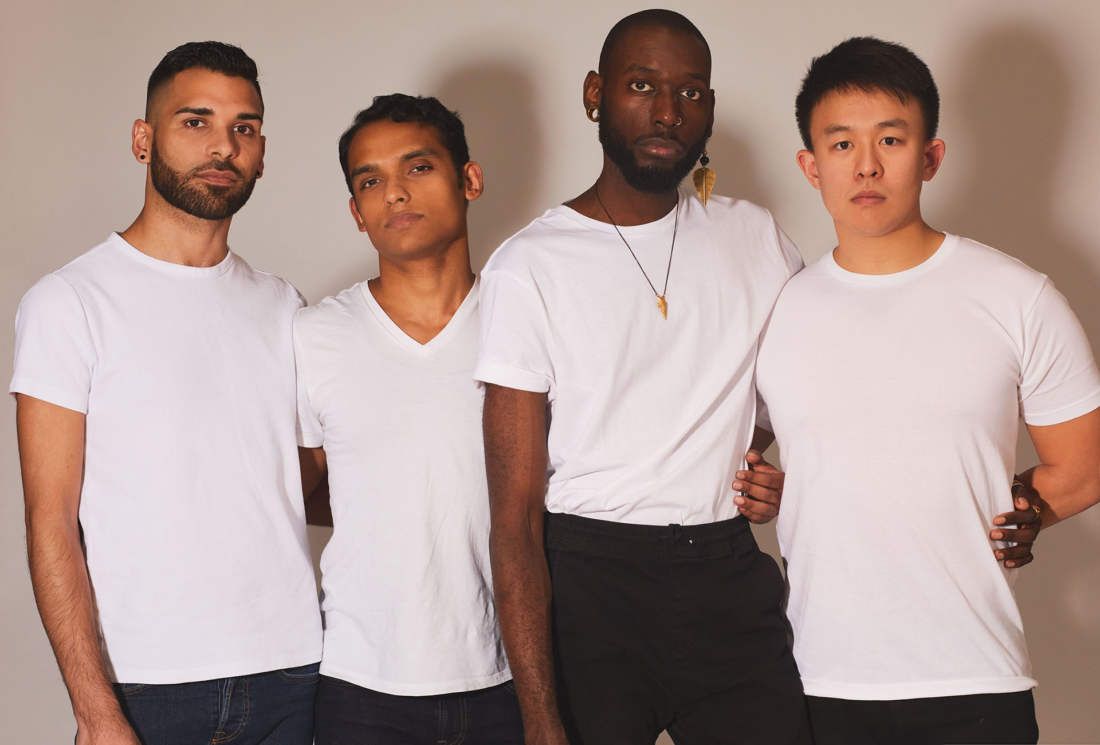
As a queer Asian man, my possibilities for hookups and romance are often limited by the expectations that others hold for me. I’m not in control of my story: Before I even send a message or say hi, I’m slotted into a role that fulfills someone else’s two-dimensional stereotype-fantasy. I’m assumed to be a bottom, to be submissive, to be easy. Sometimes people who message me will get angry if I don’t respond, as if they’re entitled to my time and desire because I’m Asian and they’re not.
But there’s a flip side, too: Apps have helped me build community with fellow queer men of color. Even if we never meet up in person, we almost always bond over the microaggressions and crap that we get on the apps. I’ve learned that many others share my experiences and that we have each others’ backs.
I’ve learned not to mistake someone else’s (fetishistic) desire for me as a foundation for self-love and affirmation.
And I’ve learned that if we don’t see ourselves reflected in the stories being told around us, it’s hard to envision our futures and work toward our liberation.
Here’s to changing that and taking up more space, one story at a time.
You can check out all three episodes of the #NoFilters miniseries here, here, and here.
Patrick G. Lee is a queer Korean American documentary filmmaker and journalist. He’s currently working on films about queer Asian history, LGBTQ self-representation, and Asian American coming out narratives. His writing has appeared in The Atlantic, Mother Jones, ProPublica, The Wall Street Journal, and The Boston Globe. You can find him on Instagram and Facebook.

